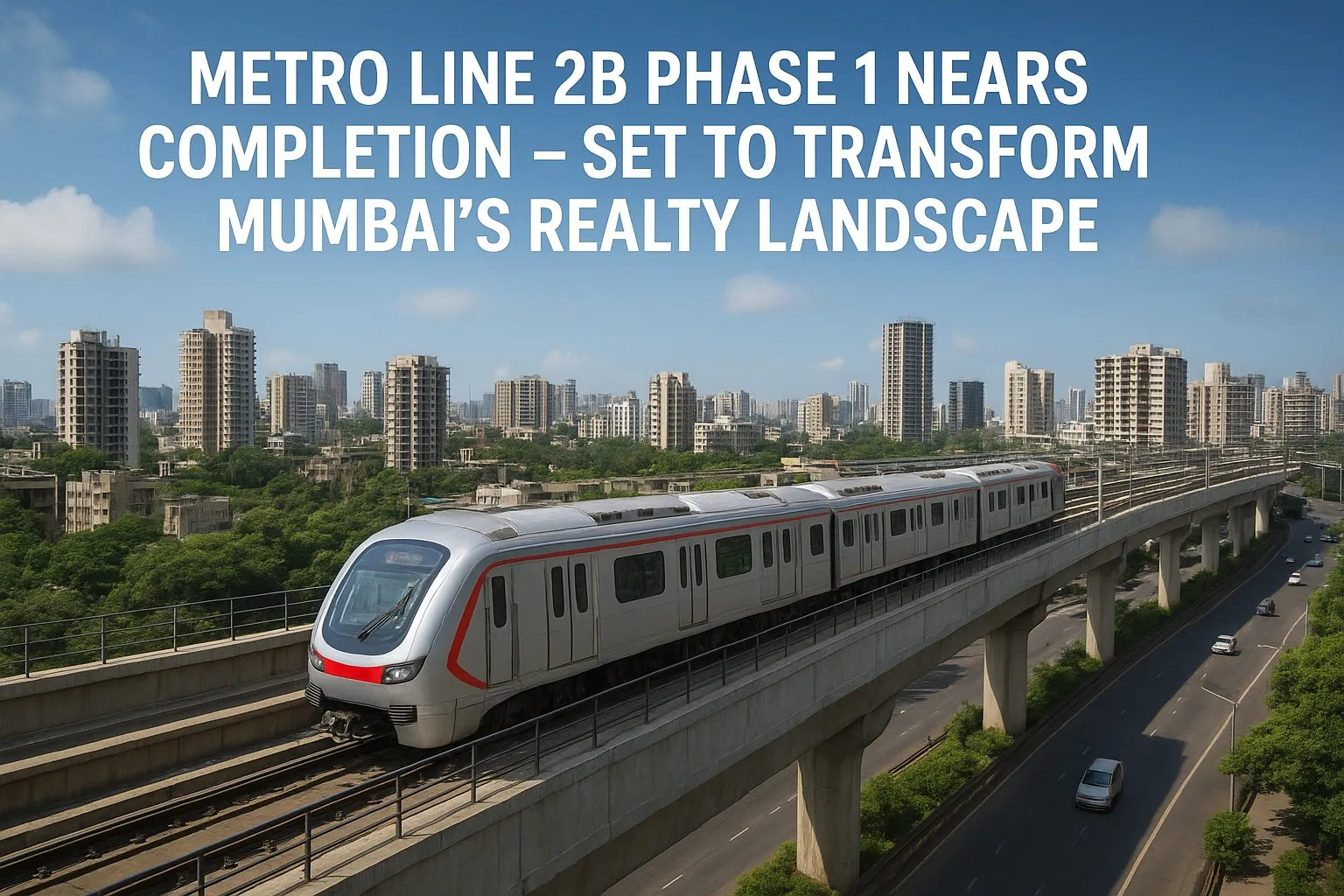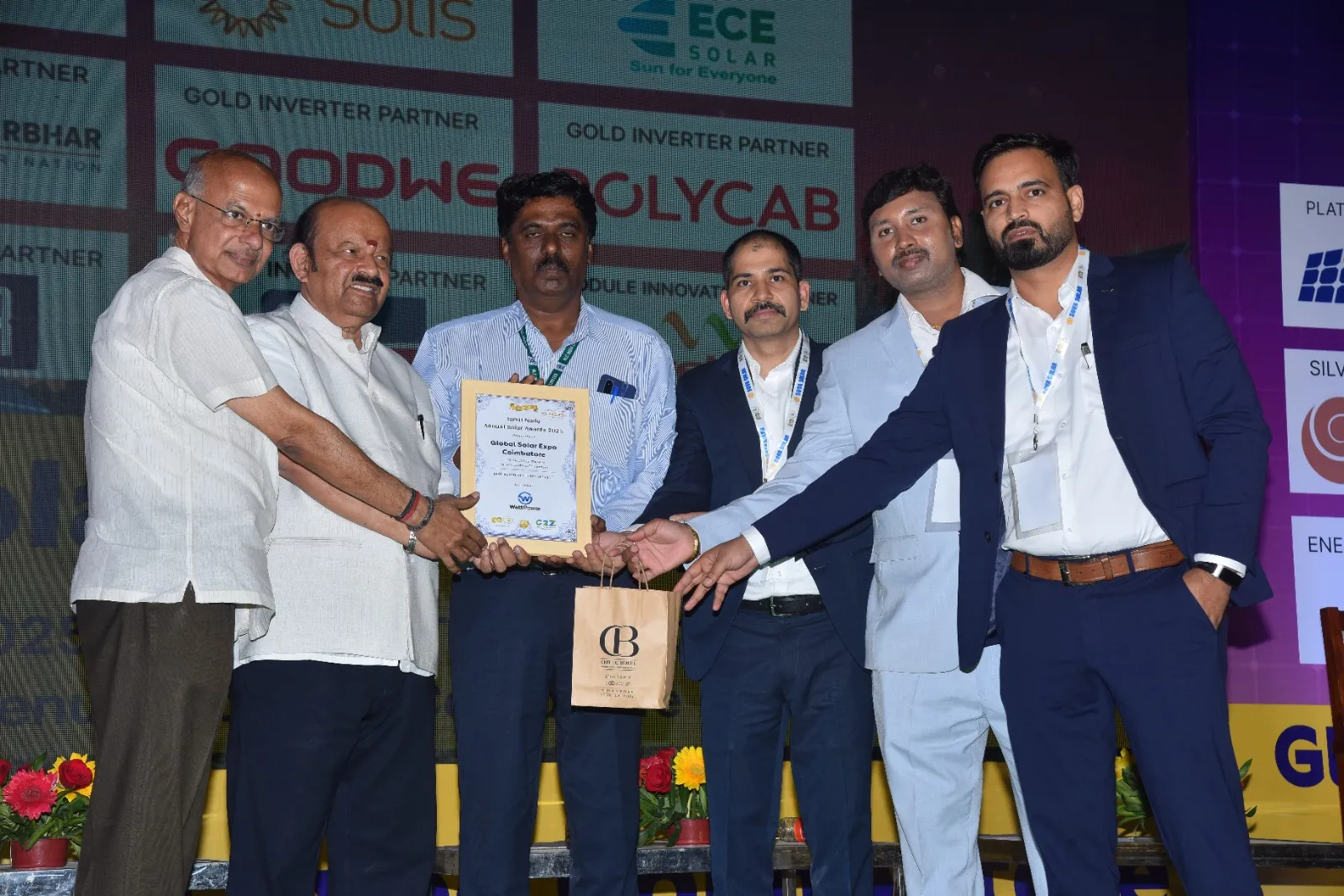Road structures can necessitate horizontal and vertical formwork

Metro Line 2B Phase 1 to Boost Realty in Mumbai’s Eastern Suburbs
Mumbai’s real estate sector is set for a major boost as Phase 1 of Metro Line 2B, between Mandale and Diamond Garden, nears completion. The Mumbai Metropolitan Region Development Authority (MMRDA) has confirmed that mandatory rectifications are done, and inspections by the Commissioner of Metro Railway Safety (CMRS) have been carried out. The 5.39-km stretch with five stations forms part of the larger DN Nagar–Mandale corridor, designed to ease congestion and improve east–west connectivity. Passenger operations are expected by December 2025, with the full line slated for 2027. ..

WattPower wins Best Inverter award at Global Solar Expo 2025
WattPower, a leading renewable energy solutions provider, has won the award for “Best Inverter in the Utility Segment” at the Global Solar Expo 2025. The recognition underscores the company’s commitment to delivering reliable, high-performance and future-ready solar solutions for large-scale projects. At the forefront of utility-scale solar, WattPower manufactures advanced string inverters that directly feed power into the Indian grid. With robust technology, high-quality components and comprehensive product lifecycle support, its solutions stand among the most sophisticated in the ..

Awfis delivers 67,000 sq. ft. innovation hub for eBay in Bengaluru
Awfis Space Solutions, India’s largest flexible workspace provider and the first publicly listed workspace solutions platform, has partnered with eBay to establish a 67,000 sq. ft. innovation hub at Embassy Tech Village, Bengaluru. The mandate covers design, build and management of the new office, which will act as a strategic hub supporting diverse functions and accelerating eBay’s AI-first commerce strategy. The centre will focus on artificial intelligence, engineering, product development and applied research, strengthening eBay’s growth in India. Embassy Tech Village, North Beng..
















